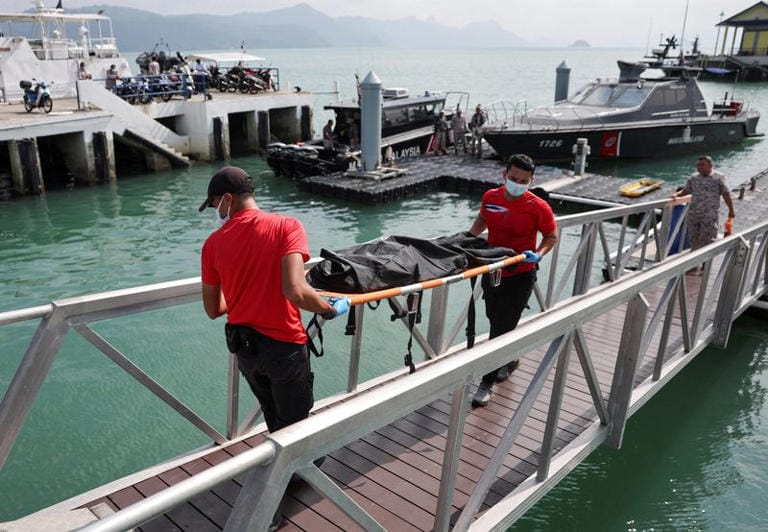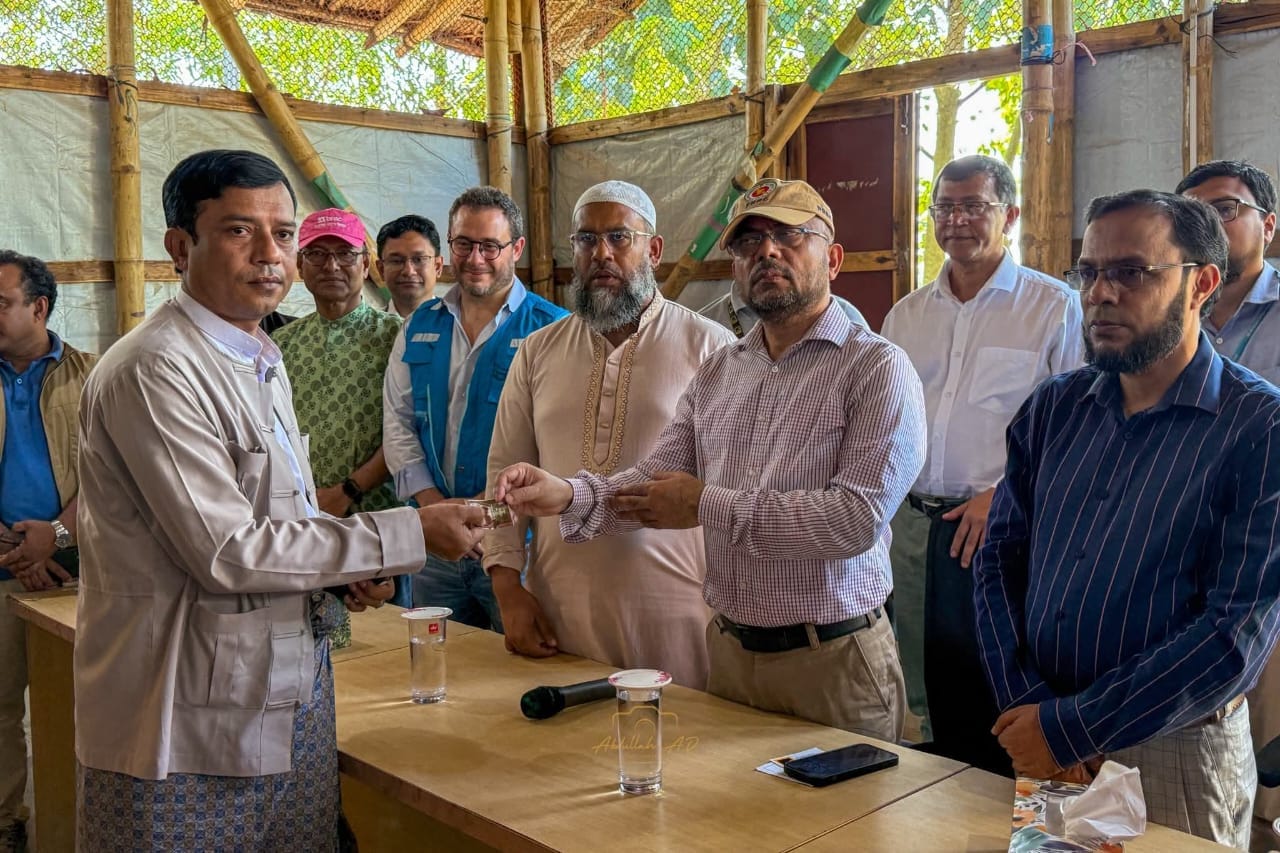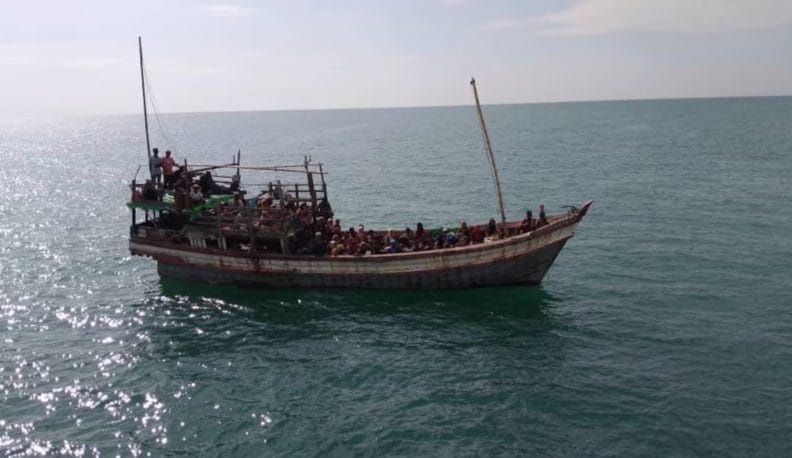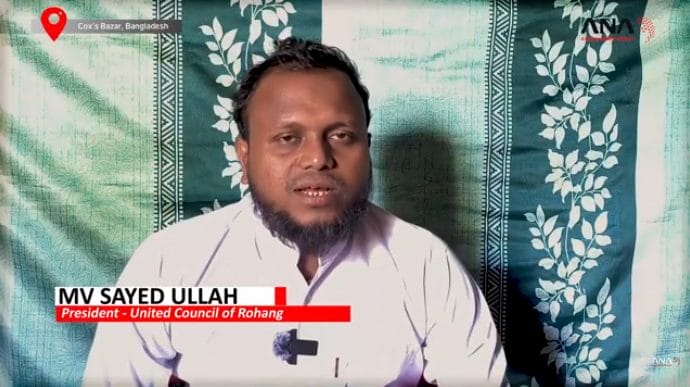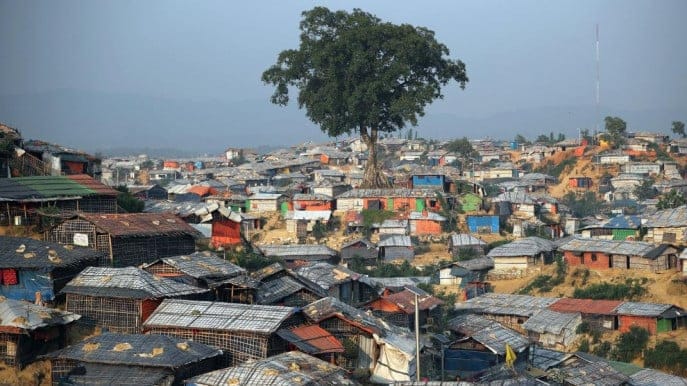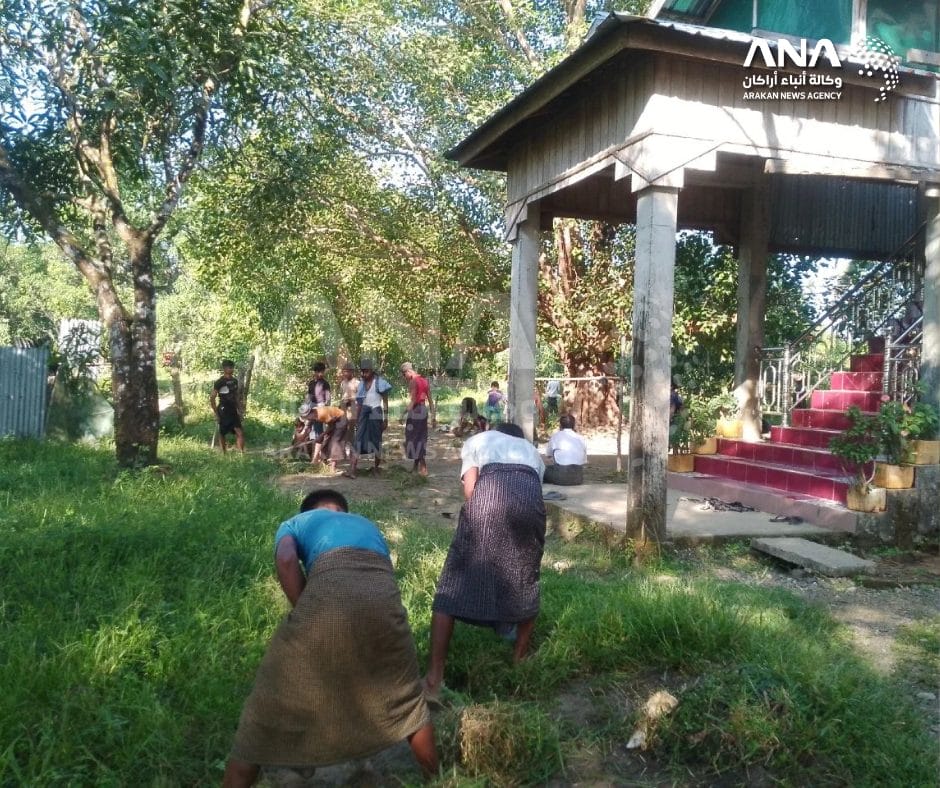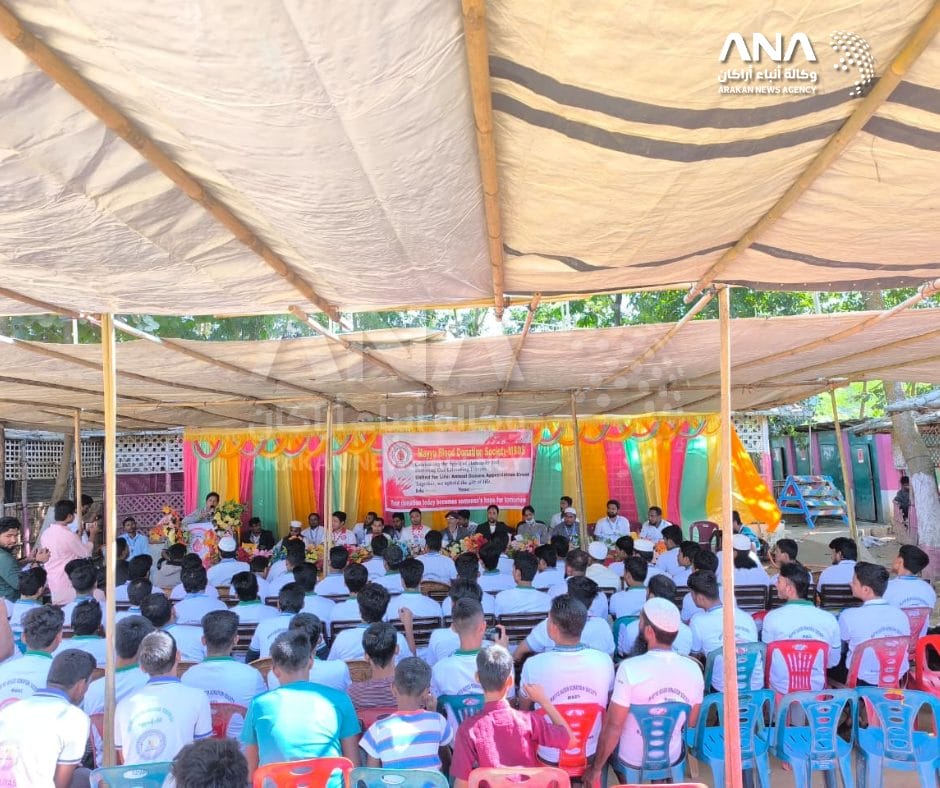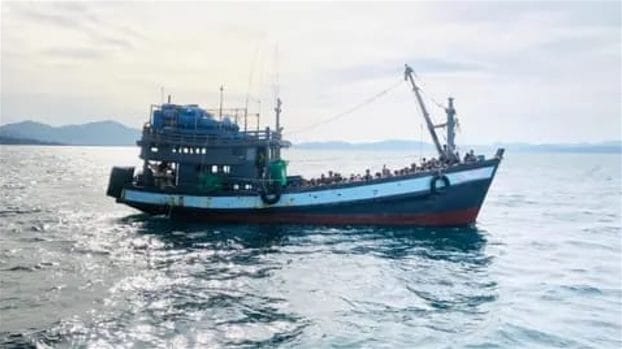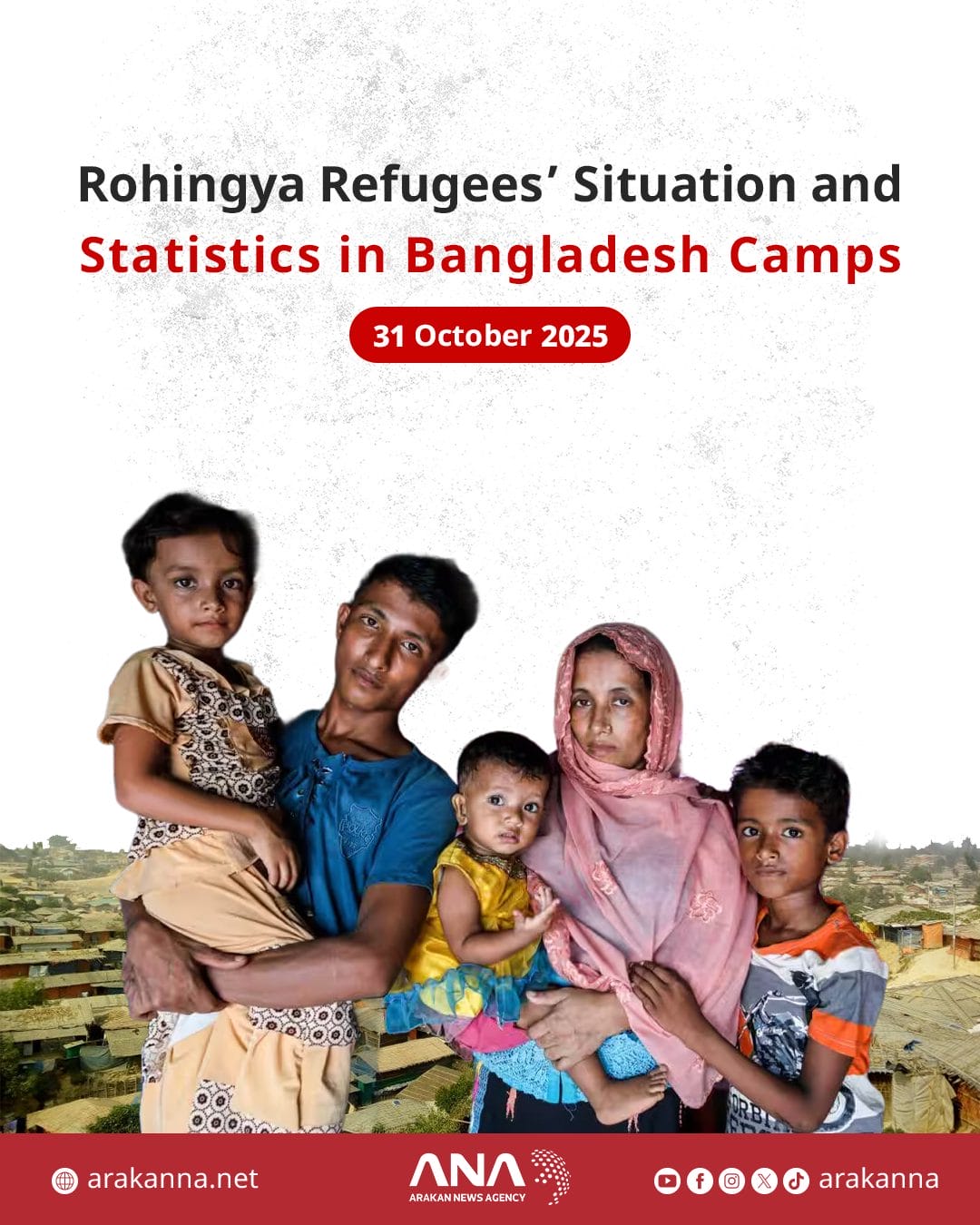Arakan News Agency
The government of the Indian state of Tripura has formed special task forces to identify and deport illegal immigrants, primarily the Rohingya, who are residing in the state unlawfully, according to the announcement made by Chief Minister Manik Saha on Sunday.
Saha, who also holds the position of Home Minister in the state, said that field task forces will work to locate the Rohingya and other Bengali immigrants, verify their entry dates into the state, and prepare to take legal action against them.
He added during a press conference following an inspection tour in the capital: “We will identify who entered Tripura recently, especially after the unrest in Bangladesh last year, and will take necessary measures to prevent any illegal residency.”
These measures come amid the implementation of the Citizenship (Amendment) Act, which allows for the granting of Indian citizenship only to non-Muslims coming from Bangladesh, Pakistan, and Afghanistan before the end of 2014, thus excluding Rohingya Muslims from obtaining any legal protection within India.
Saha affirmed that security forces are on high alert along the border to prevent further infiltration of refugees, noting that infiltrators have realized that Tripura is no longer a safe area for them, amidst heightened surveillance and coordinated efforts between the Border Security Force and other agencies.
Tripura is bordered by Bangladesh on three sides, sharing a border length of 856 kilometers, making it one of the most vulnerable areas for refugee infiltration, especially the Rohingya who fled persecution in Myanmar.
Despite most parts of the border being fenced, authorities still face challenges in controlling illegal movements, amidst accusations of violating the rights of Rohingya refugees, and the absence of clear legal frameworks to address their conditions.
Indian authorities continue to pursue Rohingya refugees and those who aid them internally in entering and residing in the country, as India does not recognize them as refugees despite their possession of United Nations High Commissioner for Refugees cards, targeting them as illegal immigrants since India is not among the countries that have signed the Refugee Convention.
Over a million Rohingya have fled the Rakhine State in western Myanmar over the past years after the Myanmar army launched a genocidal campaign against them in 2017, and the Arakan Army launched a military campaign to control the state in November 2023, also subjecting them to violence, displacement, and forced recruitment. Most of them live in overcrowded camps in Bangladesh, while some are seeking to move to other countries in search of better living conditions.


